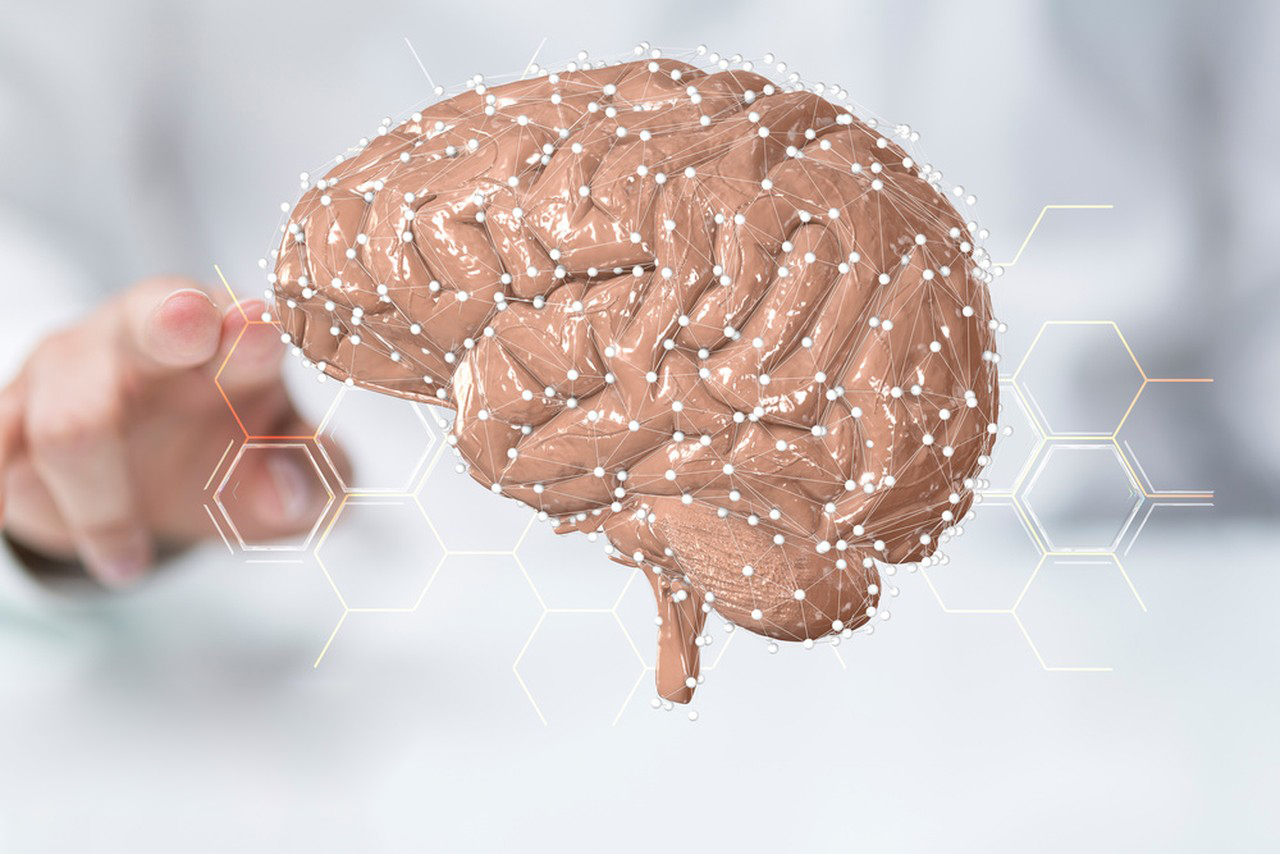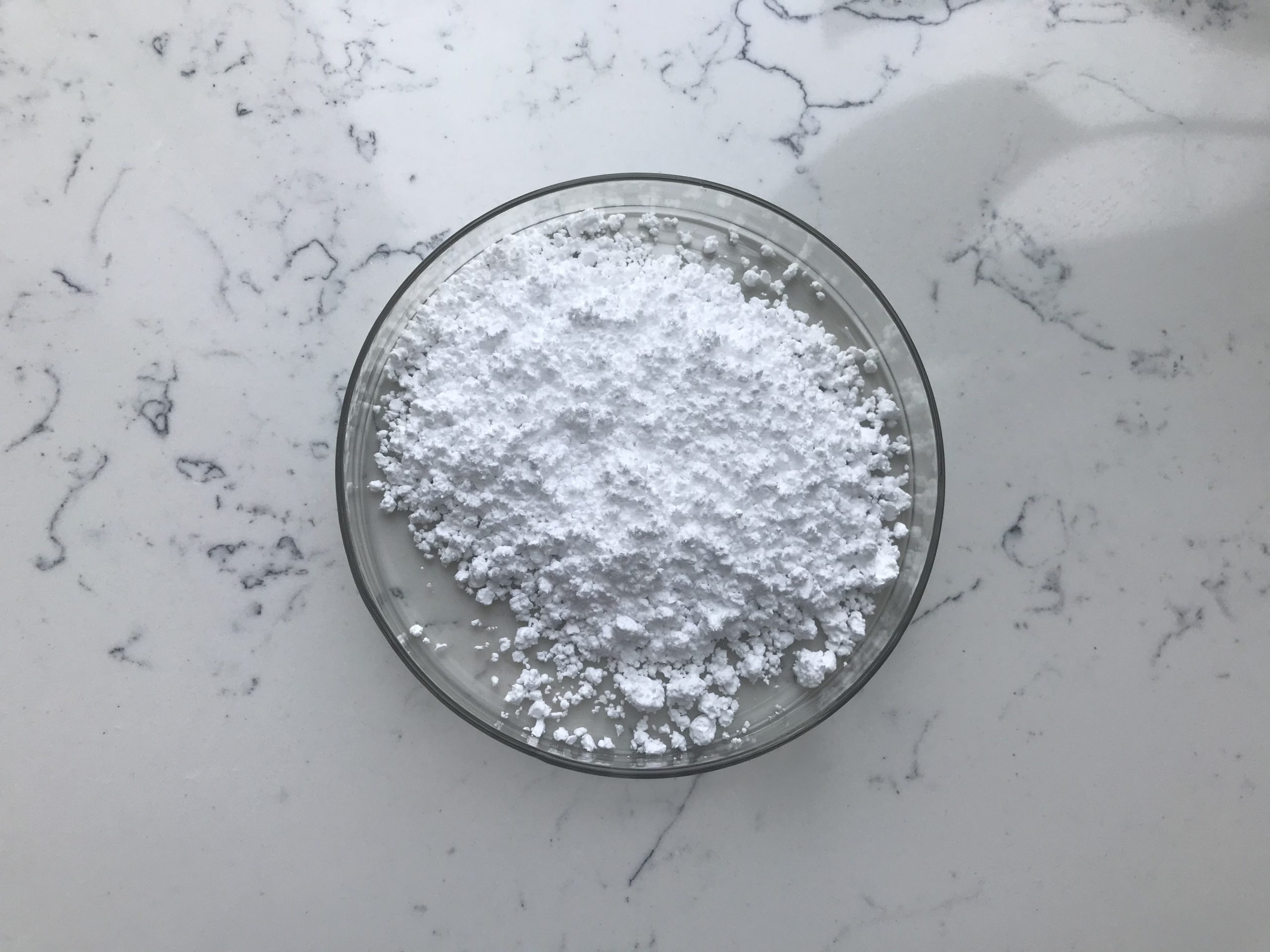Citicoline Sodium, also known as cytidine diphosphate-choline or CDP-choline, is a naturally occurring compound that plays a crucial role in brain function. It is a source of choline, an essential nutrient that is a precursor to acetylcholine, a neurotransmitter involved in various cognitive functions. Citicoline sodium has been studied for its potential clinical applications, particularly in neurological conditions and cognitive disorders. Here are some of its main clinical applications:

Stroke Recovery: Citicoline has been studied for its potential neuroprotective and neurorestorative effects in stroke patients. Some clinical trials have shown that citicoline administration in the acute phase of ischemic stroke may improve neurological outcomes and functional recovery.
Traumatic Brain Injury (TBI): Citicoline has been investigated for its potential role in improving outcomes in patients with traumatic brain injury. It may help reduce secondary brain damage, support neuronal repair processes, and improve cognitive functions after TBI.
Cognitive Disorders: Citicoline has been explored for its potential benefits in various cognitive disorders such as mild cognitive impairment (MCI) and Alzheimer’s disease. Some studies suggest that citicoline might slow down the progression of cognitive decline and improve memory and cognitive function in these conditions.
Glaucoma: Citicoline has been studied for its potential to protect retinal ganglion cells and optic nerve fibers, making it a potential therapeutic option for glaucoma, a condition characterized by increased intraocular pressure and optic nerve damage.

Parkinson’s Disease: Some studies have explored the use of citicoline as an adjunct therapy in Parkinson’s disease. It may help improve dopamine release and support the brain’s dopaminergic system, which is affected in Parkinson’s disease.
Substance Abuse and Addiction: Preliminary research suggests that citicoline may have a role in reducing cravings and promoting abstinence in individuals with cocaine and alcohol dependence.
It’s important to note that while there is promising research supporting the use of citicoline in these conditions, further clinical trials and research are needed to establish its efficacy and safety conclusively. Additionally, as with any medication or supplement, it’s essential for patients to consult with a qualified healthcare professional before using citicoline sodium to determine the appropriate dosage and potential interactions with other medications or health conditions.
Pharmacological action of Citicoline Sodium
Citicoline Sodium is a medication used in various neurological conditions and is a source of choline, a crucial nutrient for brain health and function. The pharmacological action of citicoline sodium involves several mechanisms:

Choline Precursor: Citicoline is a prodrug of choline, meaning that it is converted into choline in the body. Choline is an essential nutrient that plays a vital role in the synthesis of acetylcholine, a neurotransmitter involved in memory, learning, and other cognitive functions.
Neuroprotection: Citicoline has shown neuroprotective properties in various experimental models. It helps protect neurons from damage caused by various factors, such as oxidative stress, excitotoxicity (overstimulation of neurons leading to cell damage), and inflammation.
Membrane Repair: Citicoline can help repair damaged neuronal cell membranes. Neuronal cell membranes are crucial for the proper functioning of neurons and the transmission of nerve signals.
Enhances Brain Metabolism: Citicoline improves cerebral blood flow and glucose metabolism in the brain. This increased energy supply to brain cells can improve brain function and may benefit individuals with neurological disorders.
Phospholipid Synthesis: Citicoline is involved in the synthesis of phospholipids, which are essential components of cell membranes. This can support the maintenance and integrity of neuronal membranes.
Dopaminergic System Modulation: Some studies suggest that citicoline may have an impact on the dopaminergic system, which is involved in mood regulation and movement control. This modulation may have implications for conditions like Parkinson’s disease and mood disorders.
Medical uses of Citicoline Sodium typically include the treatment of neurological conditions like stroke, traumatic brain injury, cognitive disorders, and age-related cognitive decline. It is available in various forms, including oral tablets and injectable solutions. As with any medication, citicoline sodium should only be used under the supervision and prescription of a qualified healthcare professional. Dosage and administration may vary depending on the specific condition being treated.
